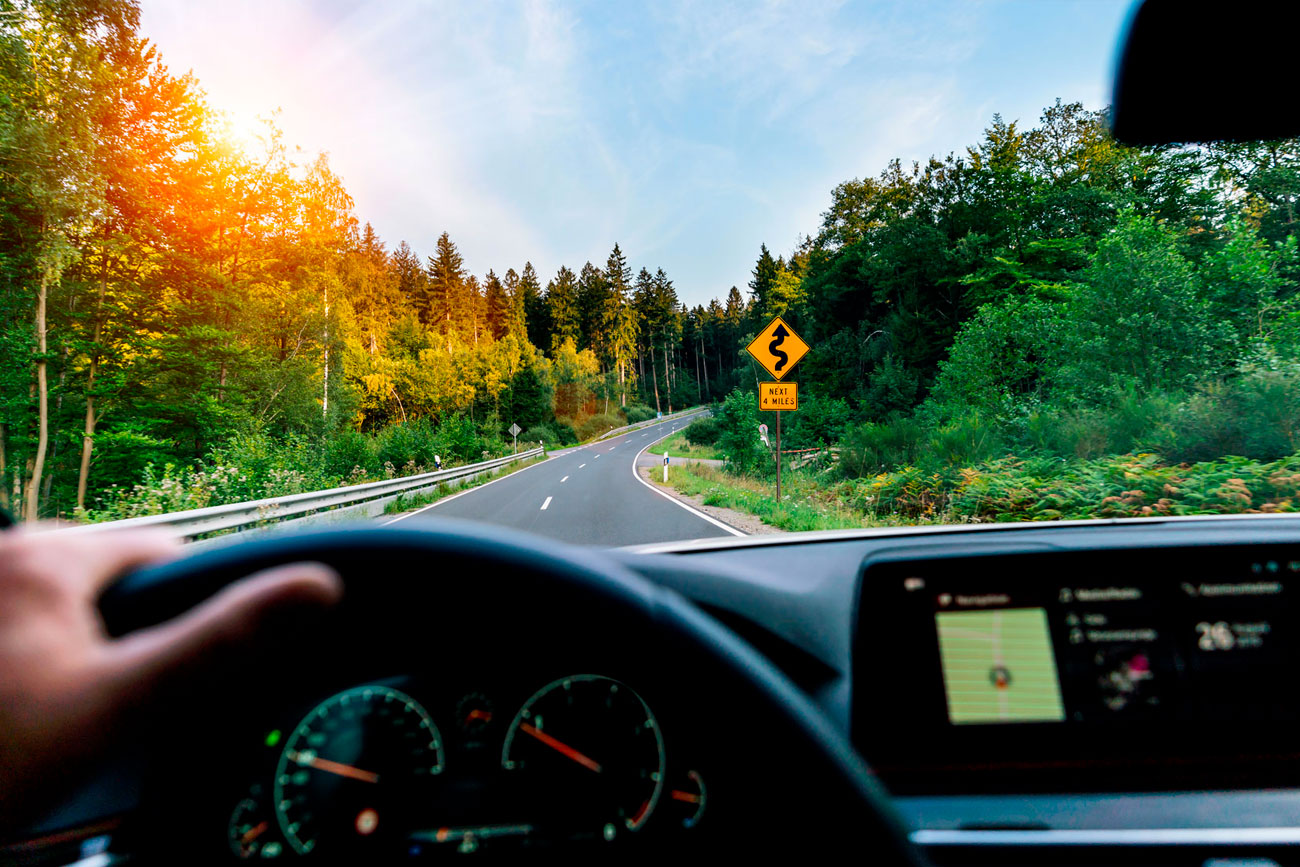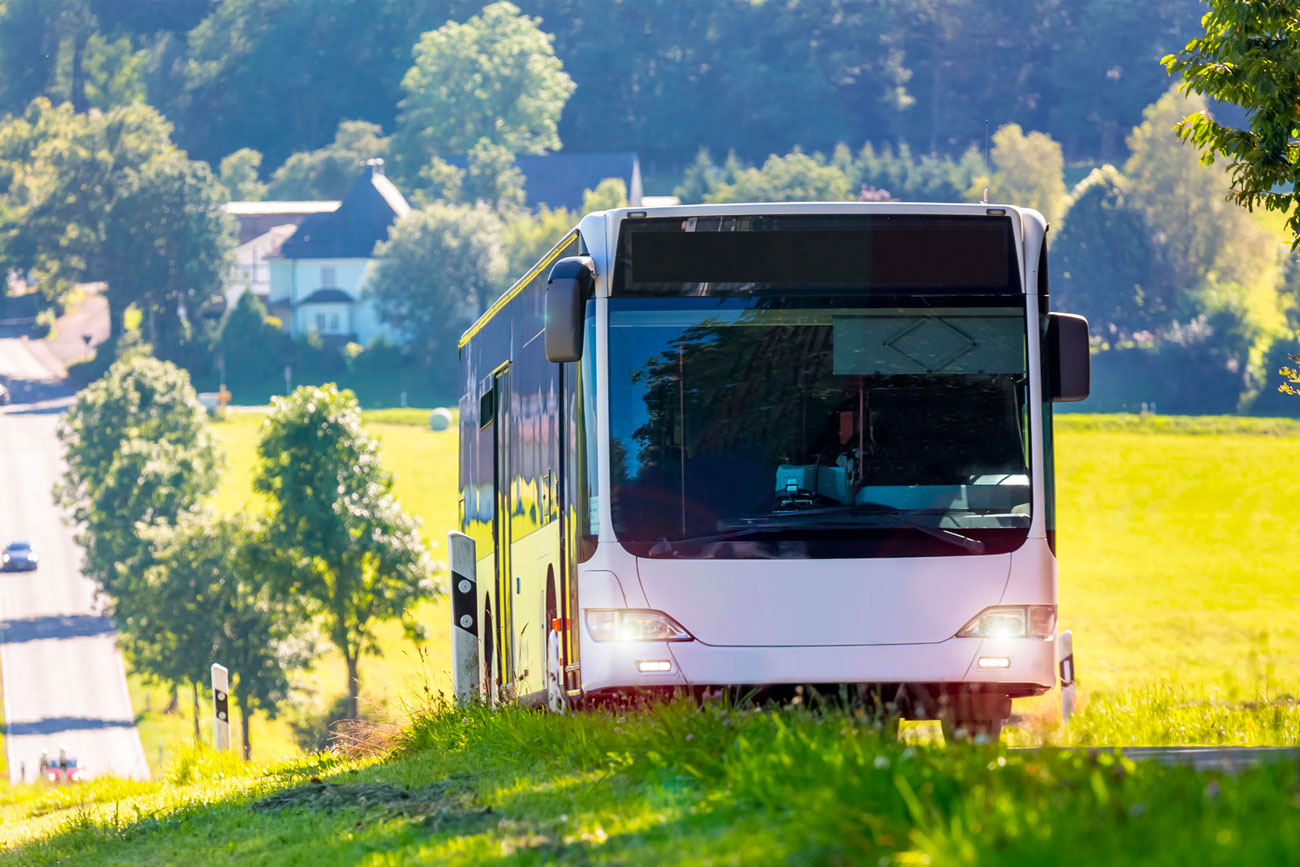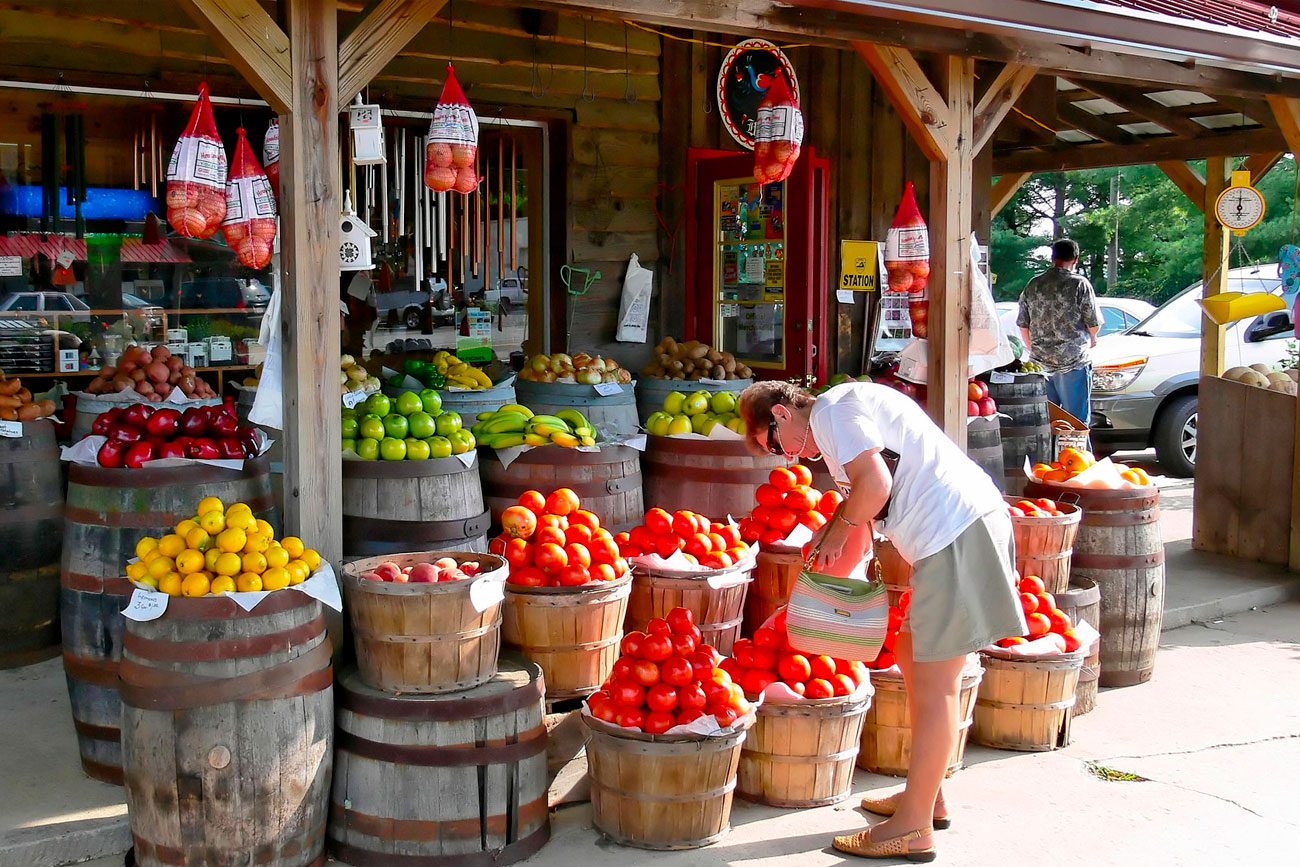Dementia Friends
Rooms Experience

Click on the images to learn about challenges with dementia in common scenarios along with tips on how to help those you love or care for. Should someone be displaying signs of dementia, reach out to a medical care provider as soon as possible. An early diagnosis can make all the difference.
Click on each title to learn about challenges with dementia in common scenarios along with tips on how to help those you love or care for. Should someone be displaying signs of dementia, reach out to a medical care provider as soon as possible. An early diagnosis can make all the difference.

Kitchen
Whether it’s cooking, cleaning, eating or just relaxing, people spend a lot of time in their kitchens.

Restaurant
Restaurants and other places where people go to relax and socialize present environments uniquely suited to revealing early dementia symptoms.

Office
Many of us spend more time at work than we do anywhere else. Early symptoms of dementia may make themselves known in that environment.
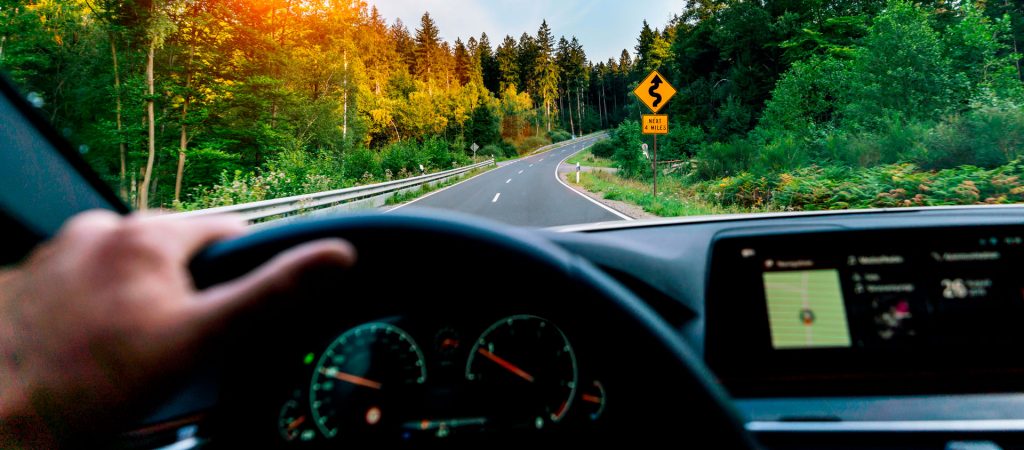
Driving
Driving a vehicle can be a demanding task at the best of times. Early signs that a person is developing dementia may become apparent.
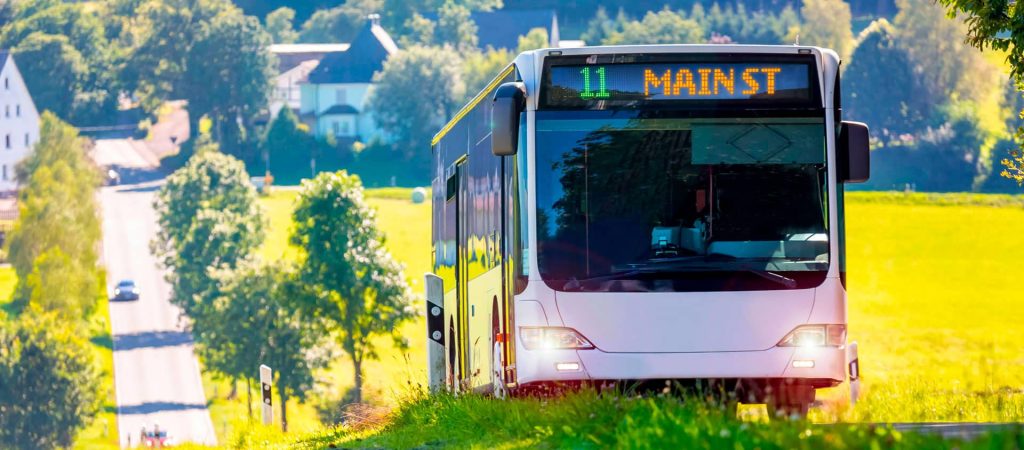
Public Transit
People with dementia may experience difficulties taking public transit, even if it’s a very familiar route they’ve been taking for a long time.
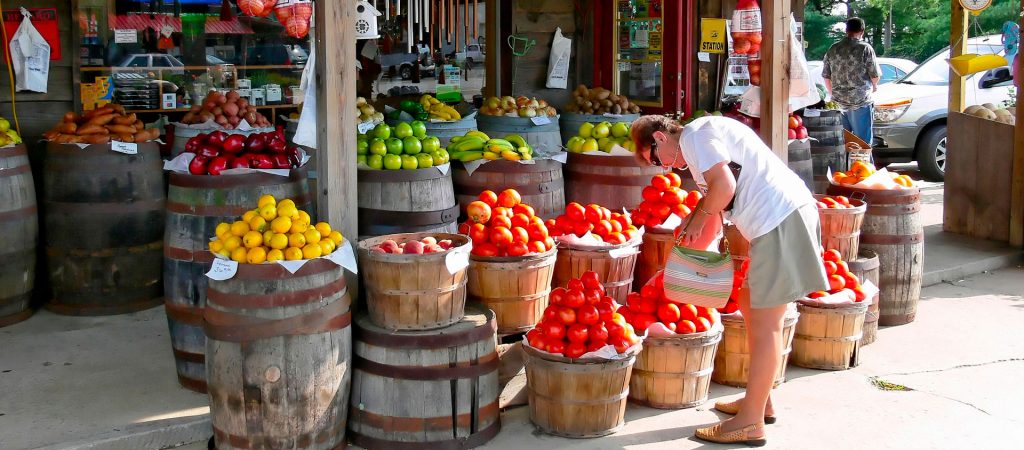
Grocery Store
Grocery stores and markets are important places for everyone. People need to have access to food and essential items used every day.
Dementia Signs
There are many signs of dementia. They are not always related to memory loss
These scenarios will help you recognize some of the early signs of dementia, and offer some tips on what you can do to help. Should someone be displaying signs of dementia, reach out to a medical care provider as soon as possible. An early diagnosis can make all the difference.
IA2 and Your Organization
The International Association for Indigenous Aging (IA2) has a current and evolving resource library covering a variety of topics. If you would be interested in connecting with the team at IA2 to learn more or discuss the potential of further collaboration or IA2 presenting for your organization about the resources available, be sure to reach out.
The International Association for Indigenous Aging, a 501(c)3 non-profit educational association, works to:
- Ensure the provision of appropriate and quality services and resources for indigenous elders.
- Expand opportunities for elders’ involvement in environmentalism, community participation, health maintenance, volunteerism/civic engagement, consumerism, senior enterprise.
- Enhance the protection of the rights of elders including their freedom from abuse and neglect and their right to autonomy.
- Educate the public, policymakers and practitioners about the status of indigenous elders.
- Improve the status of older people worldwide, especially indigenous populations.
IA2 works collaboratively, drawing upon our network of people from all sectors and multiple professions, including researchers, academicians, media experts, and outreach and intervention specialists from around the country. We bring to bear their experience and expertise in our work to improve the lives of indigenous people.



